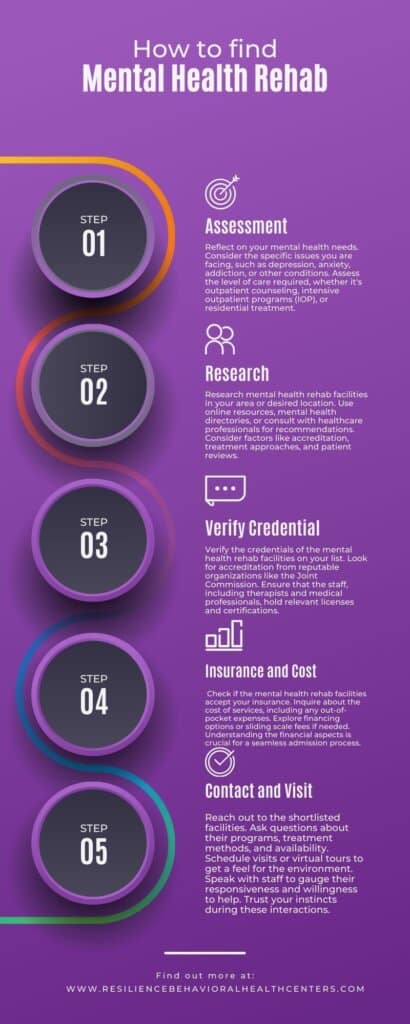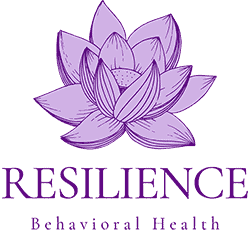The Impact of Trauma-Informed Care: Healing at Massachusetts Treatment Centers
Curious about how a mental health treatment center in Massachusetts makes understanding turn into actual healing?
Well, Trauma-Informed Care (TIC) is like a warm hug for healing. It creates a safe place where you can share your feelings, knowing that you’re truly listened to. They’re changing the whole deal by making a recovery about support, understanding, and feeling strong.
It’s not just about fixing what you can see; it’s about going deep inside to help heal the hurts that aren’t obvious.
Want to know more about this incredible way to heal? Keep reading to discover what percent of people are going through mental health traumas and how TIC helps them recover.
Mental Health Issues in Massachusetts-Adults and Youth
Mental Health Treatment Center in Massachusetts understands that individuals facing mental health issues have complex trauma histories.
According to the Centers for Disease Control and Prevention, lots of adults nearly 60% say they’ve been through at least one tough experience during their childhood, which can increase the chances of having mental health problems later on.
Another study in the Massachusetts Center for Trauma and Disaster looked at kids in child welfare services. It found that about 38% of these youths had gone through several tough things that hurt them deeply.
We make sure to use approaches that consider the impact of trauma. We focus on creating a caring and understanding atmosphere because we know it’s essential for people to heal and get better.
The TIC in Massachusetts is not just about having a peaceful environment but also supporting individuals from the inside out after experiencing trauma.
The Healing Journey
Imagine this journey where understanding isn’t just words, it’s where healing truly begins. That’s what happens at Massachusett’s Trauma-Informed Care (TIC). It’s not about simply solving problems; it’s about making a place where healing becomes your unique story.
They’re all about warmth, understanding, and showing you a way to find your strength again. It’s not just treatment; it’s about feeling connected and finding hope for a better, stronger future.
Going Further and Getting Better
In a mental health treatment center here in Massachusetts, trauma-informed care goes way beyond just setting up a peaceful atmosphere. It’s like building this amazing, compassionate safety net that gets you.
They’re all about understanding where you’re coming from and giving you that boost of strength you need. It’s not just about a quiet space; it’s about creating a whole network of care that’s got your back.
A Safe Space for Sharing
Therapists and staff at the centers listen to you without judging or blaming you. We truly believe what you share about your experiences. We get how trauma can affect people’s feelings, thoughts, and actions.
Your Trust Matters
Privacy and respect are taken very seriously here, ensuring that anything discussed remains confidential between you and our professionals. Efforts are made to avoid anything that could potentially evoke negative emotions, fostering a sense of safety and trust.
Custom Plans for Feeling Better
At this place, you decide how quickly or slowly you want to get better. We work together to create a plan that matches exactly what you need and want. It’s all about respecting your path toward feeling better.
Building Strengths
Therapists here focus on finding and cheering on your strengths and ways you handle tough situations, boosting your belief in yourself and your abilities.
Respecting Differences for Better Care
Here, at the center, we know different backgrounds mean different values, especially when dealing with tough stuff like trauma. We help people based on who you are and where you’re from. It’s all about making sure you feel understood and supported, no matter your background.
Overall, this creates a special place where people can start feeling better, getting stronger, and doing well.

Resources That Can Help You Learn About Trauma Care
Here are some ways that will help you learn about how TIC impacts people’s lives:
Learning about TIC Through Educational Resources
You can find trauma and mental health courses at universities such as Tufts University Open Courseware, where you can get free access to recordings and materials from different courses diving into TIC principles and how they affect both people and systems.
There are also workshops and seminars from different groups that help professionals like those in healthcare, education, or social services learn about TIC.
And hey, online platforms like Udemy, Coursera, and edX have courses and certificates too! These are super flexible and perfect for anyone keen on learning about TIC at their own pace.
Real-Life Insights
Chatting with people who’ve gone through tough stuff and seen the positive side of Trauma-Informed Care can give you real stories and a firsthand understanding of how it helps.
NAMI is an organization that also provides online chat where you can connect with others, share your experiences, and find support from people who get what you’re facing.
So, if you’re someone or you know someone going through mental health trauma then take a step forward, engage with these resources, and become part of a community that values understanding and healing.
Steps Towards Trauma-Informed Care
When you get involved, you start something big. It’s like throwing a stone into a pond the effects spread far and wide. A simple way to begin is to take these steps:
Talking and Learning
Join chats or groups online where people talk about Trauma-Informed Care. Share your thoughts, ask questions, and listen to others it’s a great way to learn.
Taking Classes
Sign up for workshops or online courses about Trauma-Informed Care. There are classes for anyone interested, not just experts.
Giving Your Time
Volunteer with groups that help folks who’ve been through tough times. You could mentor, join support groups, or help out at events focusing on mental health and trauma.
Speaking Up
Tell others why Trauma-Informed Care matters. You might help create better rules or resources for people dealing with trauma.
Teaching and Sharing
Share what you know about Trauma-Informed Care with friends, family, or coworkers. Sometimes, just spreading the word can make a big difference.
Support Causes
Help raise money for programs that support Trauma-Informed Care and mental health. Even a small donation can go a long way in supporting someone in need.
So, by getting involved, you’re making things better for those going through tough times with their mental health. It’s about creating a kinder, more understanding, and helpful place for them to heal.
Summing Up With What You Can Do Next
In Massachusetts treatment centers, Trauma-Informed Care isn’t just a fancy idea it’s a way of creating a safe space. It’s about listening to people, giving them respect, and letting them heal in their own time. Offering all sorts of ways to learn and connect, making it a community effort that’s all about making things better for everyone.
Getting involved with Trauma-Informed Care, it’s about talking, learning, helping out, speaking up, and backing efforts that help folks understand and heal from tough experiences. It’s all about actively participating and making a meaningful impact on how we support those facing difficult times.
So, if you’re looking to get involved with trauma-informed care, just sign up your information by filling out this contact form.
Whether you’re looking for help for yourself or someone you know, Resilience Behavioral Health can help you in this endeavor.
Click here to begin or call 888.401.1179.


